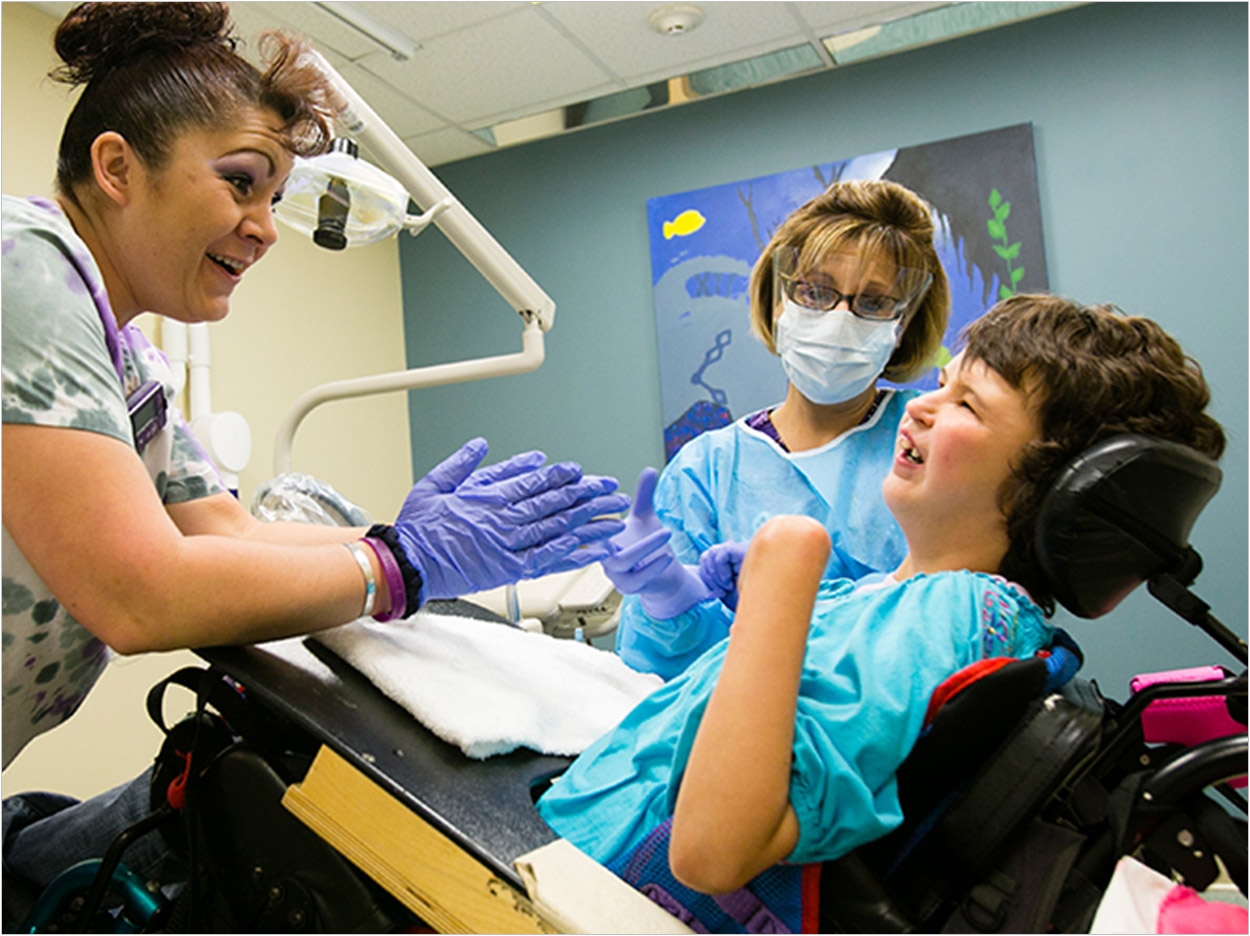
The National Council on Disability (NCD), an independent federal agency, commends the ADA for taking necessary steps to improve dental care access for people with disabilities. At NDC’s recommendation, the ADA House of Delegates voted to revise its Principles of Ethics and Code of Professional Conduct to better reflect the rights of patients with disabilities in providers’ patient selection.
The changes now prohibit dental care providers from denying care to patients because of their disability, as was already the case based on a patient’s race, creed, color, sexual orientation, gender identity, or national origin. The ADA Code also now specifies that disabled patients in need of another dentist’s skills, knowledge, equipment, or expertise should no longer be turned away and should instead be referred to dentists able to provide the necessary care.
The NCD calls these revisions vital because the ADA Code typically is the standard upon which state laws and regulations are based. As stated in the NCD’s October 2017 issue brief on the subject, many patients with disabilities, particularly people with intellectual and developmental disabilities, are unable to obtain dental care, leaving many with untreated diseases.
“This decision by the ADA no doubt represents a leap in the right direction toward equal access for people with disabilities that cannot afford to be turned away by their care providers,” said NCD chairman Neil Romano.
“It also represents a step towards full participation, independent living, and economic self-sufficiency as envisioned by laws including the Americans with Disabilities Act, the Rehabilitation Act, and NCD’s own mission,” Romano said.
“On behalf of the millions of Americans with disabilities, NCD thanks the American Dental Association for taking this important step toward improving the overall healthcare of this often underserved population,” said Romano.
Related Articles
Dugoni School Receives Grant to Treat the Developmentally Disabled
Volunteers Take a Dental Health Day for the Disability Community
Partnership Improves Oral Healthcare for Patients With Special Needs












